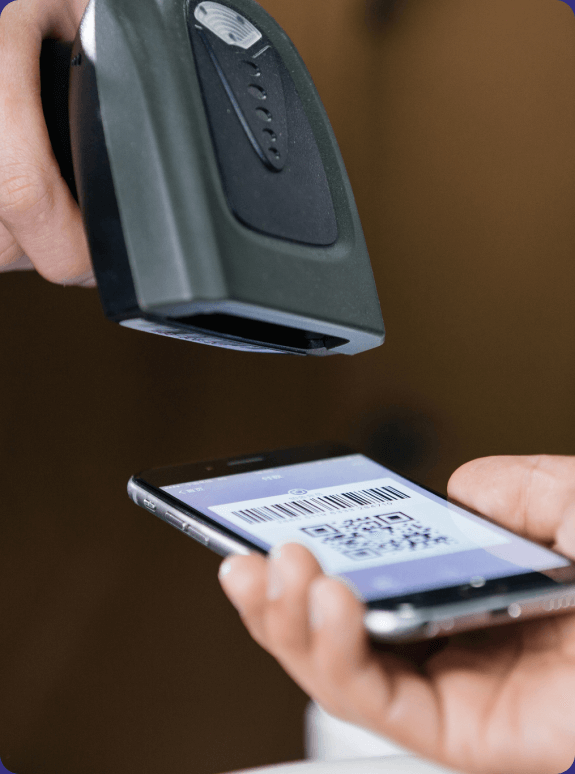On June 9, 2021, El Salvador became the first country in the world to adopt bitcoin as legal tender after the congressional body motioned to approve President Nayib Bukele’s proposal to embrace the cryptocurrency as a national currency. In honor of this momentous occasion, we wanted to celebrate the one-year anniversary by recognizing some of the countries around the world who have either accepted Bitcoin as legal tender or have been rumored to have considered Bitcoin as legal tender, in addition to all the U.S. States who have begun accepting Bitcoin as a legal form of payment.

El Salvador
As mentioned, On Wednesday, June 9, 2021, just days after President Bukele made the proposal at a bitcoin conference, El Salvador’s Legislative Assembly approved legislation making Bitcoin legal tender in the country — making El Salvador the first country to do so. Three months later, on September 7th, the cryptocurrency was officially accepted as a means of exchange for goods and services. Even before El Salvador officially accepted the currency, the country had become famous for its Bitcoin Beach, an iconic destination for bitcoin enthusiasts.
“In the short term, this will generate jobs and help provide financial inclusion to thousands outside the formal economy,” Bukele said.
Central African Republic
In April of 2022, the Central African Republic became the second country to officially accept bitcoin as legal tender after lawmakers voted unanimously to adopt the currency. Though only 11% of the population is estimated to have access to the internet, the country thought that adopting bitcoin would help attract investors and ease money transfers that can sometimes be complicated.
“There’s a common narrative that sub-Saharan African countries are often one step behind when it comes to adapting to new technology,” Finance Minister Herve Ndoba said, as quoted in Bloomberg. “This time, we can actually say that our country is one step ahead.”

Current bitcoin price
Venezuela
In the summer of 2021, the South American company experimented with creating its own digital currency, when they announced that they would be revamping its national currency, the bolivar and launching its central bank digital currency (CBDC) — the digital bolivar – on 1 October. The digital bolivar uses an SMS-based exchange system to facilitate payments and transfers between users. With this move towards national digital currency, it was rumored that Venezuela would join the list in making Bitcoin legal tender. So far, it has not happened.
Panama
Lawmakers in Panama, the Latin American country with a reputation as a tax haven, approved a bill that would regulate the use of Bitcoin and eight other cryptocurrencies. The bill also approves the use of these cryptocurrencies for paying taxes and for other private transactions. However, Panama’s President, Laurentino Cortizo, said he’ll refuse to sign a law regulating the use of cryptocurrency until it contains tougher anti-money laundering controls.
Colorado
Though by now it’s become a little more common, Colorado seemed to start a trend when it announced that it would become the first US state to accept tax payments in cryptocurrency. Jared Polis, Colorado’s governor, announced the move in February 2022 and said that he expected the bill to officially take action by this summer. Other states that have been rumored to follow in Colorado’s footsteps might be Illinois, Wyoming, and Arizona.
“It’s exciting, but I don’t [want to] make it sound like more than it is because we still budget and spend money in dollars. That’s still where the world is. That’s where the government is,” Polis said in February while speaking to a crowd at the ETHDenver convention.
Arizona
Speaking of Arizona, Az. state senator Wendy Rogers introduced bill SB 1341 in early 2022. The bill stated an intent to amend the list of accepted legal tender to include bitcoin, which would mean the cryptocurrency would be accepted for the payment of debt, public charges, taxes, and other dues. The bill must pass the Arizona state senate and house before Governor Doug Ducey could sign it into law. With that being said, it is unlikely that the legislation would pass and be signed into law as there isn’t much traction for making the cryptocurrency legal tender.








 Labs is acquiring Coinme to power the Open Money Stack.
Labs is acquiring Coinme to power the Open Money Stack.